Possible Triggers of Vasomotor Symptoms
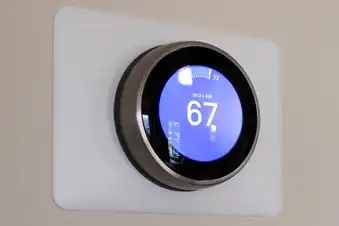
Heat and Hot Weather
Heat is a common trigger of sweating and flushing. However, during the transition to menopause, lower estrogen levels alter your body’s thermostat in the brain. Normally when your body heats up, brain pathways help to cool you off. But during perimenopause and menopause, the body’s temperature control center is disrupted by low estrogen levels. This can lead to hot flashes and night sweats, also called vasomotor symptoms.
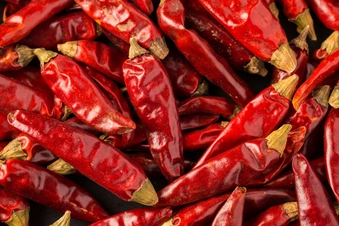
Spicy Foods
A simple thing you can do to stop hot flashes in their tracks is to watch the heat level in what you eat. Spicy food is a common culprit. To keep vasomotor symptoms at bay, steer clear of foods, sauces, and drinks with a kick. And it’s not just spicy heat that can trigger symptoms. Hot temperatures can do it too. Instead of enjoying piping-hot foods or drinks, try them warm or at room temperature.
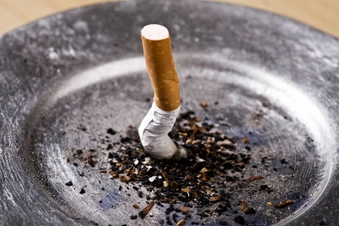
Cigarettes and Tobacco
If you smoke cigarettes or use tobacco products, your hot flashes may be worse and happen more often. Research suggests that smoking is tied to vasomotor symptoms. The longer you smoke, and the earlier you start, the more symptoms you may have. If you smoke, try to quit. Studies suggest stopping may head off symptoms later. Quitting also lowers your risk of other health conditions like heart disease, stroke, and cancer.
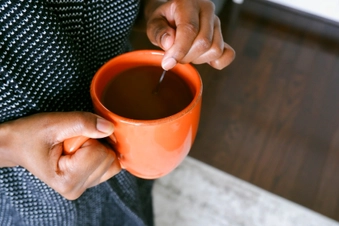
Caffeine
That morning cup of joe may give you a boost of energy, but caffeine and caffeinated beverages may also trigger hot flashes. You can lower your intake by cutting back on coffee, tea, soda, and energy drinks. Don’t forget that caffeine lurks in chocolate, too. One ounce of dark chocolate has about 24 milligrams -- almost half that of an 8-ounce cup of black tea.
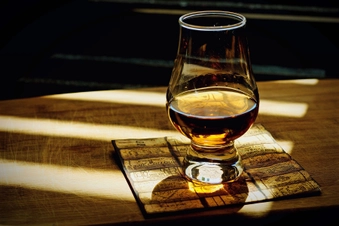
Drinking Alcohol
Drinking alcohol may trigger vasomotor symptoms. Studies show mixed results, but some experts say it’s best to avoid alcohol to reduce hot flashes. When you drink, your blood vessels become dilated and increase blood flow, which can make things worse. Try to cut down on how much alcohol you drink. Instead of a cocktail or glass of wine, try soda water with fruit slices and just a splash of alcohol or a low-alcohol craft beer.
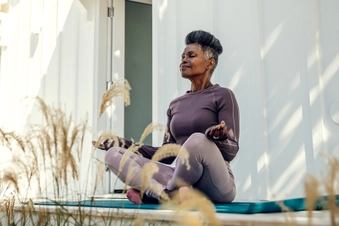
Stress
Feeling overwhelmed, anxious, or stressed? Experts say this may trigger hot flashes. To ease vasomotor symptoms, try to lower your stress level. You can also use relaxation techniques like mindful meditation, deep breathing, and guided imagery. Acupuncture, cognitive behavioral therapy, and hypnosis may also help you manage stress better and prevent hot flashes and night sweats.
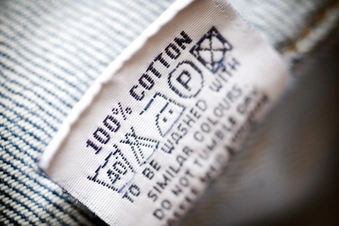
The Wrong Clothes
If you’re all bundled up in clothes that don’t let your skin breathe, you may find yourself on the verge of a hot flash or night sweats. Even small increases in your core body temperature can set off symptoms. To keep your body cool, choose clothing made of cotton, which is more breathable than other fabrics. Dress in layers so when your body temperature starts to rise, you can peel them off to cool down.
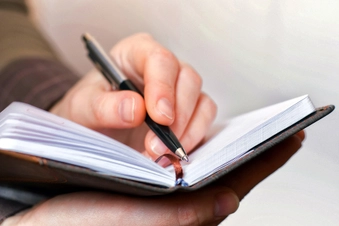
Your Personal Triggers
Not everyone has the same triggers. What sets off one woman’s hot flashes and night sweats may have zero effect on another. The easiest way to spot your personal triggers is to keep track of your activities and symptoms in a journal or diary. Keep a record of what you do, what you eat, and what you drink before or during a hot flash. In no time, you’ll notice links between what you do and how you feel.
Show Sources
IMAGES PROVIDED BY:
1) Silas Bubolu / Getty Images
2) Victor Cardoner / Getty Images
3) alejandrophotography / Getty Images
4) Grace Cary / Getty Images
5) Pamela Webb / EyeEm / Getty Images
6) The Good Brigade / Getty Images
7) knape / Getty Images
8) Victor Potasyev / Getty Images
SOURCES:
International Journal of Epidemiology: “Smoking, body mass index, and risk of vasomotor symptoms: a pooled analysis of eight studies.”
Menopause Review: “Psychosomatic and vasomotor symptom changes during transition to menopause.”
Breastcancer.org: “Exercise and Nutrition to Ease Hot Flashes.”
Cleveland Clinic: “Hot Flashes.”
Johns Hopkins Medicine: “Introduction to Menopause.”
Mayo Clinic: “Hot Flashes.”
The North American Menopause Society: “Drink to Your Health at Menopause, or Not?,” “Hot Flash FAQs: Triggers, Symptoms & Treatments."
Hypertension Research: “Physio-pathological effects of alcohol on the cardiovascular system: its role in hypertension and cardiovascular disease.”
Cancer Council Victoria: “Tips to reduce your drinking.”
Harvard T.H. Chan School of Public Health: “Caffeine.”